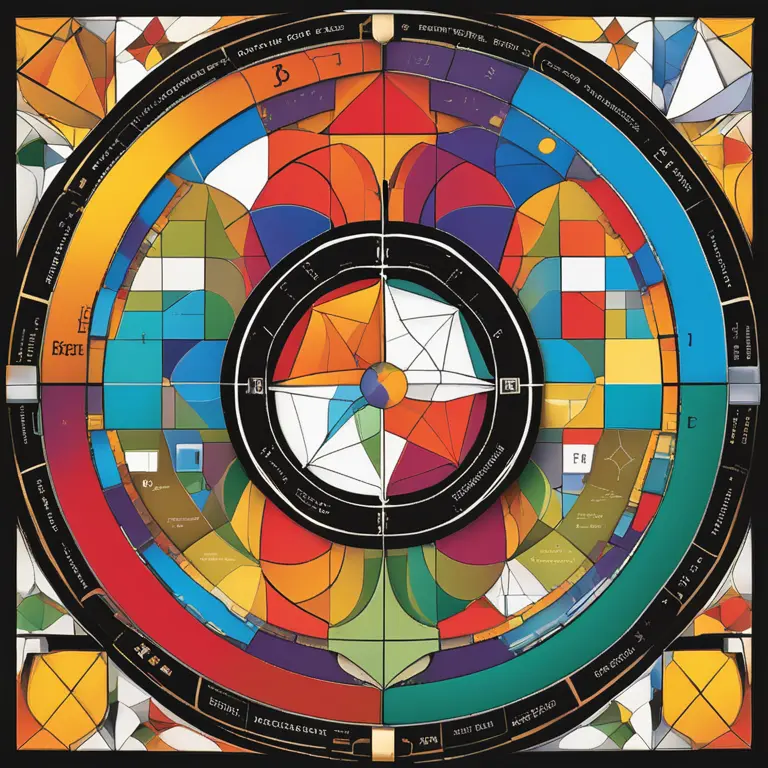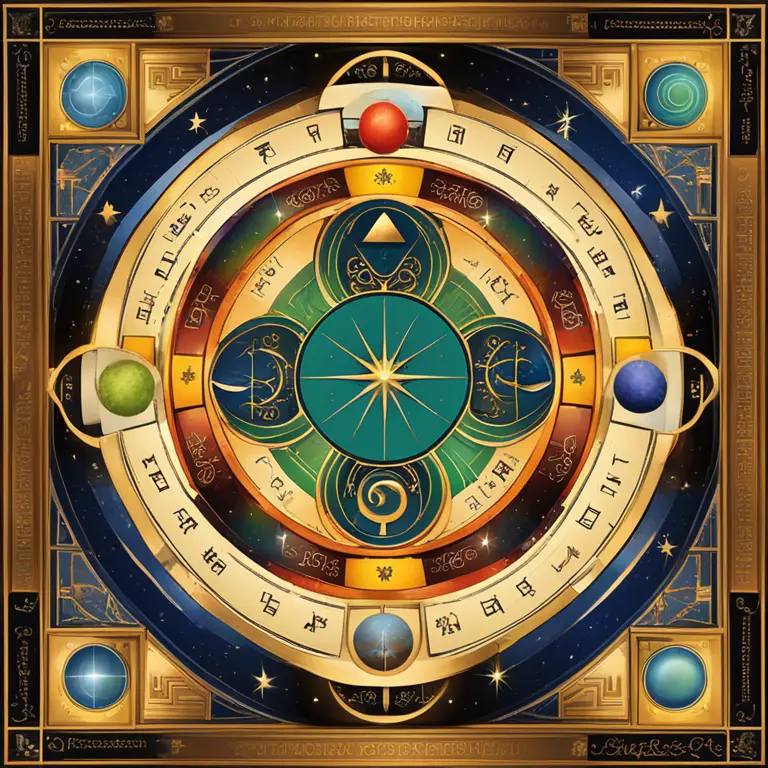
The Astrological Houses: Foundations of Your Chart
Gain insight into astrology's twelve houses and how they cast influence on various aspects of life from personality to career.
article by Priya Deshmukh
Introduction to Astrological Houses
In the celestial art of astrology, houses play a pivotal role in shaping the intricacies of one's life journey. Just as the twelve zodiac signs offer a cosmic canopy of personality traits, the twelve astrological houses provide a stage upon which the planets dance, each house governing distinct aspects of life. From the moment you take your first breath, your natal chart—a snapshot of the sky—captures the unique arrangement of these houses, each one teeming with potential insights into your personal narrative.

The Birth Chart & Angular Houses
To delve into the astrology of houses, one must start with the birth chart—a circular map divided into twelve segments. Each segment signifies a house, starting from the Ascendant or Rising Sign, which heralds the first house. The angular houses—first, fourth, seventh, and tenth—are akin to the cardinal points on a compass, representing self (1st), home (4th), partnerships (7th), and public life (10th) respectively. These houses are said to have a direct impact on one's most tangible life experiences, setting the foundation for personal development.

Succedent and Cadent Houses
Succeeding the angular houses, we encounter the succedent houses—second, fifth, eighth, and eleventh. These houses concern stability and resources such as possessions (2nd), creativity and pleasure (5th), shared resources and transformations (8th), and community and aspirations (11th). On the other hand, the cadent houses—third, sixth, ninth, and twelfth—highlight themes of communication (3rd), health and service (6th), higher learning (9th), and the subconscious (12th). These often incorporate more fluid and changeable aspects of existence.
Planetary Roles in the Houses
Planets residing in or transiting through these houses inject their energies into the governed domains. For instance, Mercury in the third house may incline an individual toward intellectual pursuits, whereas Venus in the seventh might indicate an affectionate approach to relationships. As the planets move through these houses, they provoke periods of growth, challenge, and transition relevant to their symbolism and the house they occupy.
Transits and Predictive Value
Astrologers often consider transits—current planetary movements—when forecasting future trends. For instance, Jupiter entering your tenth house in 2024 could suggest a year of career expansion and success in public ventures. However, an astrologer must synthesize the full array of planetary influences, including aspects and house cusps, to provide a nuanced reading.
The Houses in Synastry and Compatibility
Houses also play a significant role in synastry—the comparison of two individuals' charts to assess compatibility. One person's planets falling into another's houses can indicate areas of harmony or friction. If your partner's Venus lands in your fifth house, for example, you might find joy and romance blossoming effortlessly between you.
Published: 1/17/2024
Modified: 1/17/2024
More predictions
Come back here soon to learn more about yourself and your future


Unlocking The Guide to Personal Growth
Discover the compelling ways astrology serves as a tool for self-discovery, decision-making, and personal growth.


The Astrological Sign of April
Discover the dynamic astrological energies at play for those born in April, including the transition from Aries to Taurus.


Careers in Astrology: A Real Possibility?
Explore the viability of astrology as a career choice in the modern age, and what it takes to turn a passion for the stars into a professional endeavor.